Publications
Articles, publications, books, tools and multimedia features from the U.S. Institute of Peace provide the latest news, analysis, research findings, practitioner guides and reports, all related to the conflict zones and issues that are at the center of the Institute’s work to prevent and reduce violent conflict.
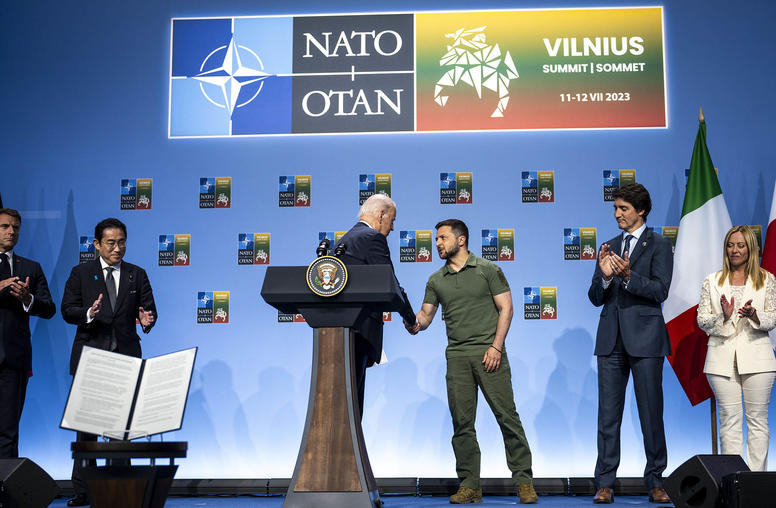
The NATO Summit: Three Takeaways for Europe, War and Peace
This week’s NATO summit conference wrought significant advantages for Ukraine in its fight for independence, and on behalf of Europe’s security. Ukraine and most NATO members sought an unconditional invitation for Ukraine to join the NATO alliance following its war with Russia. They achieved part of that goal — a shorter, clearer path to Ukraine’s membership, USIP analysts note. Turkey’s reversal, to support Sweden’s accession to the alliance, strengthens the community backing the Ukrainians’ self-defense. While the summit had no prospect of lightening the burdens of defending Ukraine, Europe and the international rule of law, it accomplished what was achievable in the moment.
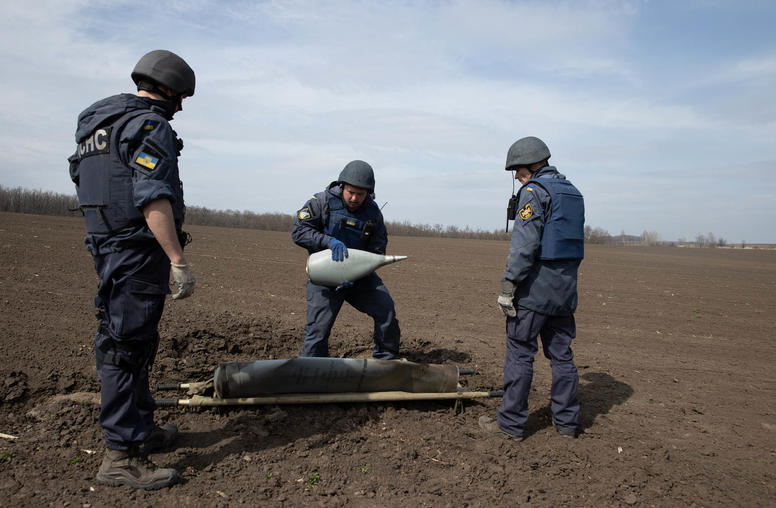
U.S. Sends Mixed Signals with Cluster Munitions and Chemical Weapons Calls
The Biden administration’s National Security Strategy is grounded in a “belief that the rules-based order must remain the foundation for global peace and prosperity.” Yet international security norms have come under increasing threat in the past decade, from China’s construction of artificial islands in the South China Sea to the Syrian government’s use of mustard gas against its own people. Most egregiously, Russia’s unprovoked assault on Ukraine and continuing war crimes threaten basic principles of sovereignty and humanity in international law. Amid the many foreign policy challenges the United States faces, the question it must confront is how to uphold international norms, while still pursuing U.S. interests.
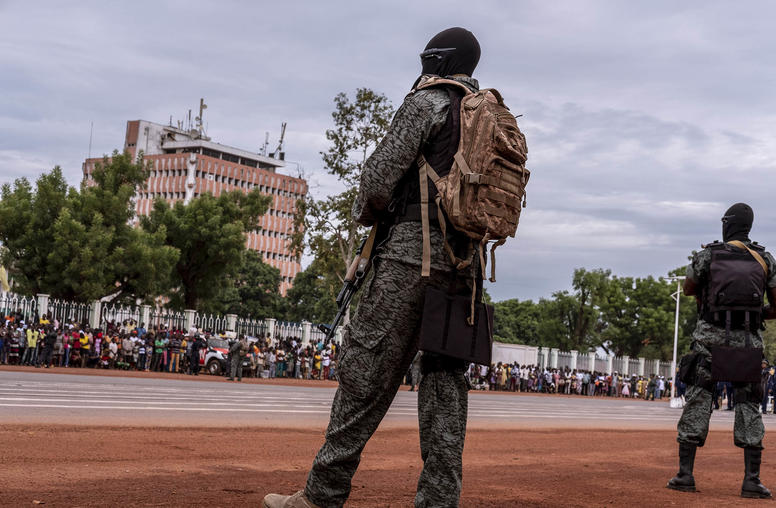
Russia’s Wagner Uprising Will Force a Kremlin Reshuffle in Africa
Three weeks after Russia’s Wagner Group mounted an armed uprising against authorities in Moscow, the still-swirling fallout will force changes in the mercenary group’s operations in Africa. The open outbreak of conflict among rival armed factions that Vladimir Putin sponsors as props of his autocratic regime will now force him to find new managers for his strategy of seeking influence and resources through strongmen and warlords in unstable African countries. These developments open an opportunity for Africans and the West to better illuminate Russia’s corrupt, often brutal methods in Africa, and their consequences.
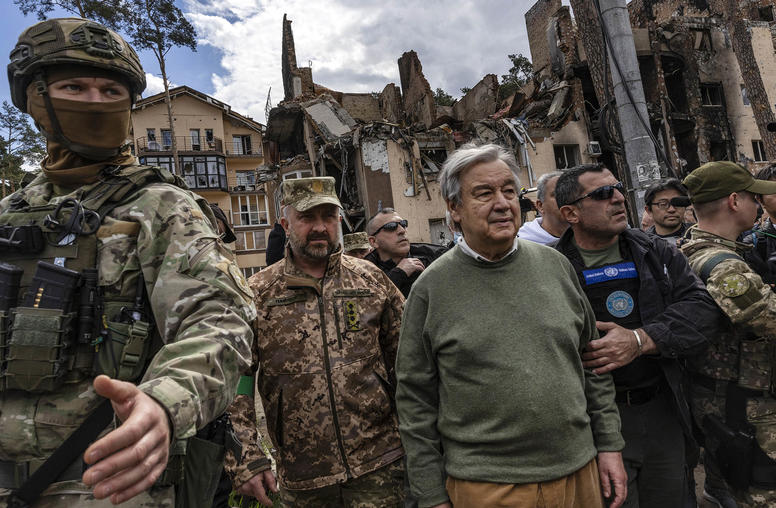
How the U.N. Secretary-General Gets Around Security Council Gridlock
How do concerned parties facilitate diplomatic and humanitarian progress on conflict cases when the U.N. Security Council is gridlocked? By explicit design, the Security Council’s powerful permanent five members can deadlock its work with a unilateral veto when they want to — but neither the veto nor the threat of the veto fully end multilateral work on conflict cases that the P5 want to keep out of the Security Council’s ambit. Instead, the prospect of UNSC inaction spurs diplomatic efforts and alternative pathways for action via a range of procedural, negotiated and informal tools at the U.N. General Assembly, in the U.N. Security Council (UNSC) and via the U.N. Secretariat.
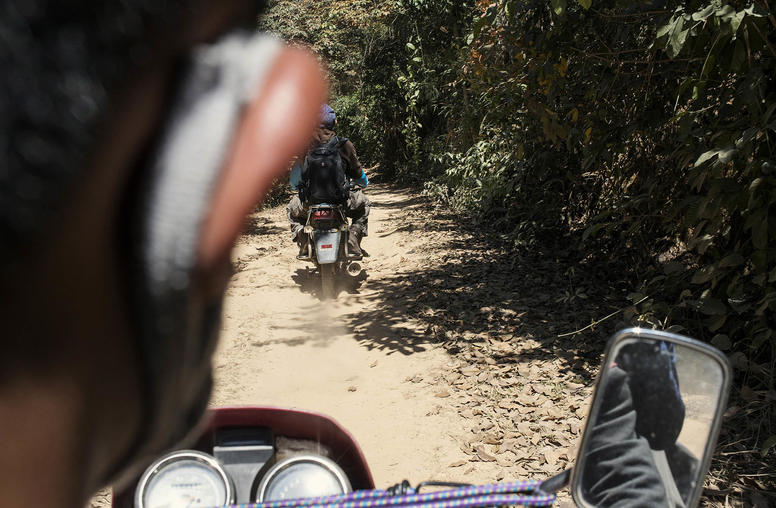
China’s Metastasizing Myanmar Problem
The 2021 military coup in Myanmar not only triggered an unprecedented nationwide revolt against military rule but is increasingly precipitating challenges to global security. The junta’s ineffectual rule has resulted in the rise of cross-border human trafficking and cyber scams, which have impacted almost every corner of the globe, taking an especially heavy toll on China’s people while also benefiting organized Chinese crime groups. Beijing’s response to the situation in Myanmar has been mixed. While it has backed the junta, China has also hedged by supporting some of Myanmar’s most powerful ethnic armed organizations, extending Chinese influence in the country.

Mirna Galic on the Role of Indo-Pacific Partners at the NATO Summit
While much of the conversation at this week’s NATO summit will be focused on Russia’s war in Ukraine, the presence of NATO partners Japan, South Korea, Australia and New Zealand “is a testament to … [NATO’s] interest in the Indo-Pacific and the focus on the challenges that China poses for the alliance,” says USIP’s Mirna Galic.
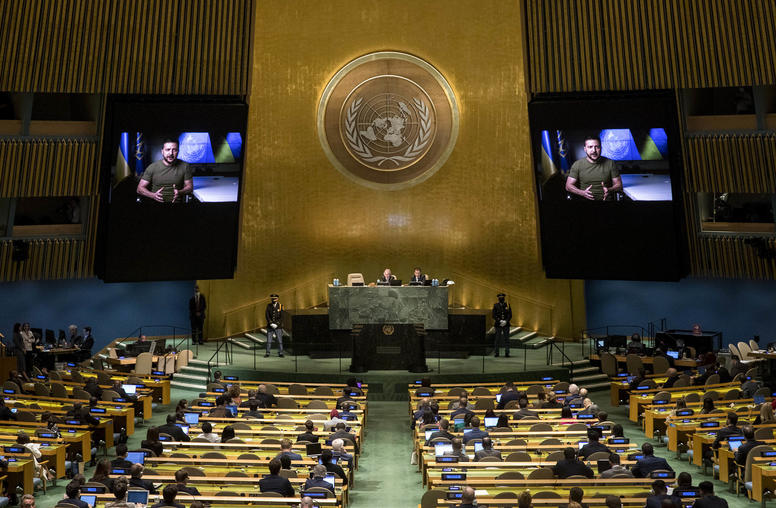
Security Council Gridlock Isn’t the End of the Diplomacy — It’s the Start
Gridlock at the U.N. Security Council draws headlines, but it never truly grinds diplomatic and humanitarian work to a halt. Instead, concerned parties approach the threat of the veto as the beginning of diplomatic creativity. They deploy procedural, negotiated and informal tools at the U.N. General Assembly, in the Security Council and via the U.N. Secretariat when faced with explicit obstruction from the five permanent members of the Security Council, seeking out alternative pathways for action when a permanent member blocks multilateral conflict resolution, humanitarian assistance or decision making.
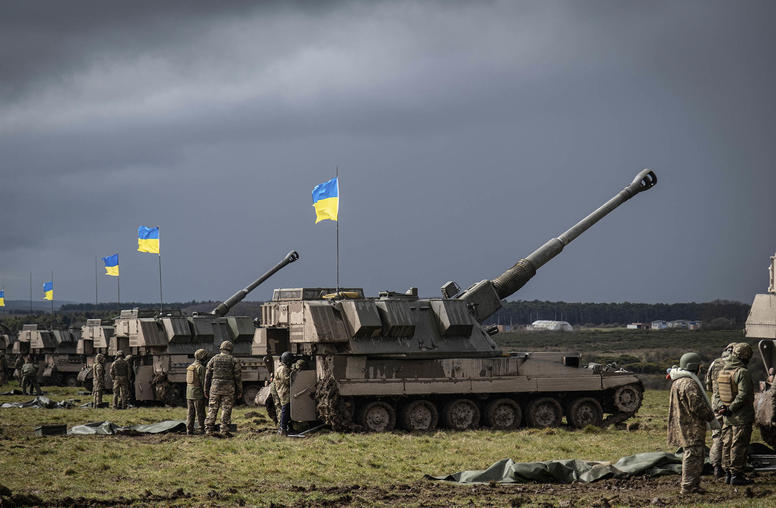
New Zealand Draws Closer to NATO with a Wary Eye
Until recently, if New Zealanders thought about their country’s links to NATO, it was likely the two-decade long deployment to Afghanistan that came to mind. But if there might have been some sense those ties lay in the past, Russia’s brutal invasion of Ukraine in February 2022 has brought them squarely back to public attention. New Zealand’s links as a non-member partner of NATO have been central to its response to the war, including channeling aid to Kyiv. Last June, Jacinda Ardern became the first New Zealand prime minister to attend a NATO summit, joining three other leaders from Australia, Japan and South Korea as NATO’s four Indo-Pacific partners (IP4).
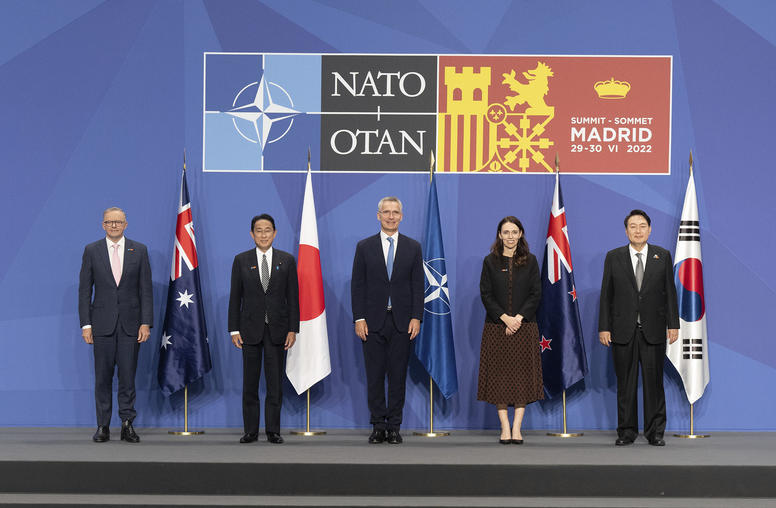
What’s Behind NATO’s Tightening Ties with its Indo-Pacific Partners?
NATO’s summit in Madrid, Spain, in June 2022 marked the first time the four leaders of NATO’s Indo-Pacific partner countries — Australia, Japan, New Zealand and the Republic of Korea (ROK) — joined NATO counterparts for a meeting at the heads of state and government level. July 2023, at the NATO summit in Vilnius, Lithuania, will mark the second. The high level of media attention paid to the attendance in Madrid of the Indo-Pacific partners, known informally as the Indo-Pacific Four or IP4, is likely to be repeated in Vilnius. Beyond this, what should Indo-Pacific watchers expect from the Vilnius Summit in terms of NATO-IP4 developments?
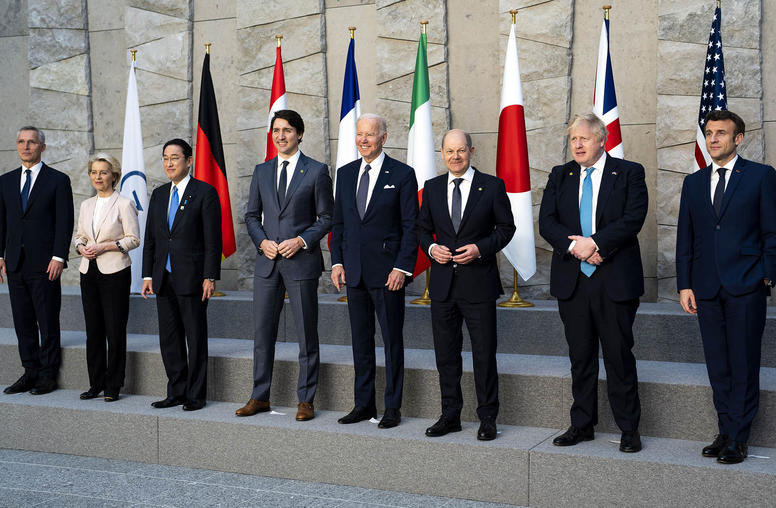
The ‘Russia Factor’ in NATO-Japan Relations
Russia’s illegal and unprovoked aggression against Ukraine has changed Japan’s assessment of Russia, as well as Tokyo’s policy toward Moscow. In doing so, it has also brought NATO and Japan closer together in their views of Russia and led to broader NATO-Japan engagement. Whereas Russia was once a complicating factor in the NATO-Japan relationship, it is now a factor promoting relations.